One of Europe's most wanted people smugglers was arrested Monday in northern Iraq. The man, known as "Scorpion", evaded law enforcement for years despite smuggling thousands of people. His arrest came three days after a BBC investigation into his whereabouts.
Notorious people smuggler Barzan Majeed was arrested in northern Iraq on Monday, three days after the BBC published an extensive investigation into his whereabouts.
Majeed, also known as "Scorpion", told the BBC in an exclusive interview conducted in Iraq that he has helped smuggle anywhere between 1,000 and 10,000 people into Britain across the English Channel.
Majeed's gang reportedly controlled a major share of the people smuggling business across the Channel between 2016 and 2021.
He and his operatives are accused of having used boats, lorries and shipping containers for clandestine journeys of migrants into the United Kingdom.
It is unclear how many deaths on migration journeys Majeed might be responsible for -- if any at all. However, as a major in the people smuggling trade, he could be linked to at least some of the cases of the more than 70 migrants who have died making the perilous sea crossing to the UK by boat since 2018.
In 2022, he was sentenced in absentia to 10 years in prison and nearly €1 million in fines on 121 charges relating to people smuggling in Belgium.
A total of 26 members of his criminal gang have meanwhile been convicted at courts in the UK, France and Belgium.
From Iraq to the UK
Majeed's story starts in 2006, when he himself was smuggled into the UK in the back of a truck. He was only 20 years old at the time, and the war in Iraq was costing tens of thousands of lives.
After a year, he was reportedly refused a UK temporary residence permit.
However, his involvement in criminal activities, mainly gun and drug offenses, afforded him a longer stay in Britain -- in prison.
His last known UK address was Hucknall in Nottinghamshire, where the National Crime Agency (NCA) reported him as residing in 2013.
In 2015, after a long series of run-ins with the law, he was deported back to Iraq's northern Kurdistan region.
This is reportedly where his smuggling career began.
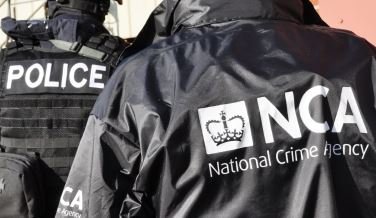
A Scorpion is born
The BBC reports that upon his arrival to Iraq, Majeed likely took over a crime syndicate from his elder brother, who was serving a jail sentence in Belgium.
This was a major people smuggling business, which Majeed and his operatives are believed to have operated from 2016 to 2021, making it one of the top smuggling organizations moving people from Europe to the UK.
Nearly 30,000 attempted to cross the Channel last year alone, despite the British government, led by Prime Minister Rishi Sunak, investing billions into stopping boats from arriving on British shores.
Also read: UK registers more than 400 migrant arrivals in single day across Channel
Individuals like Majeed net some £6,000 per person for a boat crossing the English Channel, according to the BBC report.
Majeed soon started making six figures weekly by facilitating illegal journeys.
This is when he became known as Scorpion -- both by migrants and UK law enforcement officials. From 2016 onwards, his telephone number started cropping up on the mobile phones of irregular migrants intercepted and interviewed by border police.
That number would typically be stored under the name Scorpion.
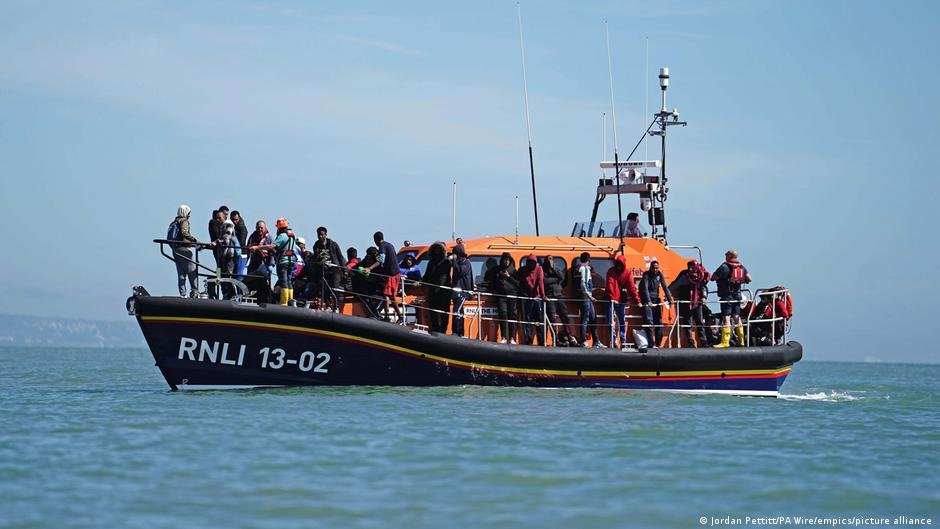
Scouring the streets of Istanbul
The BBC podcast explains the lengths that journalist Sue Mitchell and her team had to go through to find Majeed.
Their journey -- which by all accounts involved some of the same dangers migrants face when dealing with people smugglers -- first led them to Istanbul, Turkey, from where Scorpion was believed to be coordinating his business remotely.
He had been spotted in several locations known to be used by criminal individuals, such as a money transfer facility using fairly untraceable remittance technology.
After leaving their contact details in various places Majeed was believed to have frequented, Sue and her team were phoned one day by someone with a withheld number.
It was Majeed, who, according to their recollection, simply said: "I hear you're looking for me."
A fateful call
"There was no way of telling whether this was the real Barzan Majeed," Mitchell says on a BBC report about the investigation.
Many of the details shared by the caller did match up with what was known about Majeed, however.
Crucially, the caller categorically denied being involved in people smuggling, but only as a matter of semantics. His definition of a smuggler, the authors of the BBC report said, referred to people "who physically carried out the task, rather than someone pulling the strings."
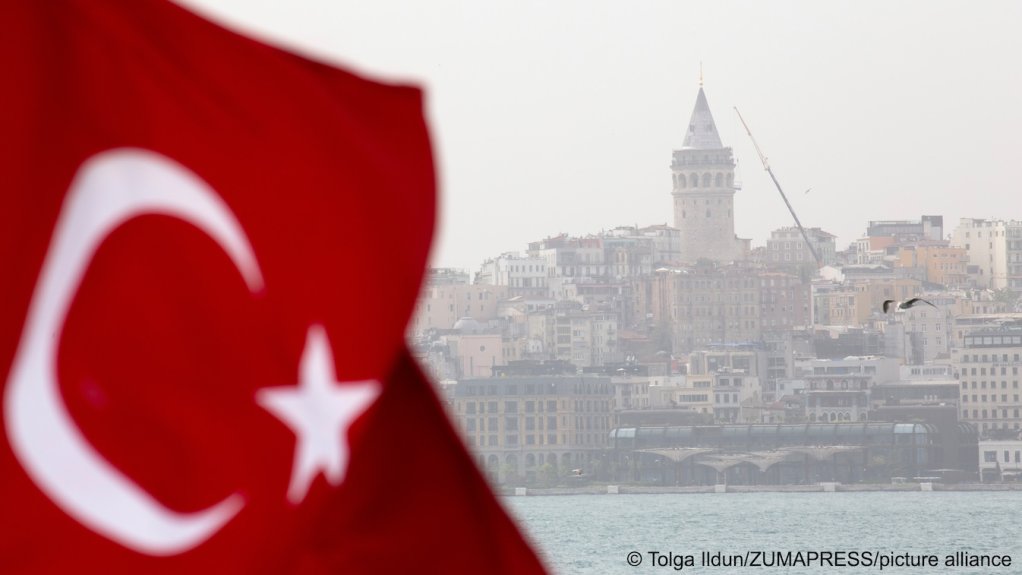
On the phone, Majeed referred to himself as being merely the "money man," further cementing the BBC team's impression they were dealing with the real Scorpion.
He explained that in order to be considered an actual smuggler, "you have to be there."
"Even now, I'm not there," he said.
Also read: UK, Bulgaria crack down on EU-Turkish border over English Channel people smuggling equipment
Of yachts and mansions
A local contact told the BBC team that Majeed had shifted gears and was now smuggling migrants from Turkey to Greece and Italy -- an even deadlier route than the Channel.
Migrants are known to pay about 10,000 euros each for a crossing from Turkey into the EU. While the absolute turnover of Majeed's criminal operation is unknown, he is believed to have bought himself a luxury villa in one of Turkey's top resort towns, Marmaris.
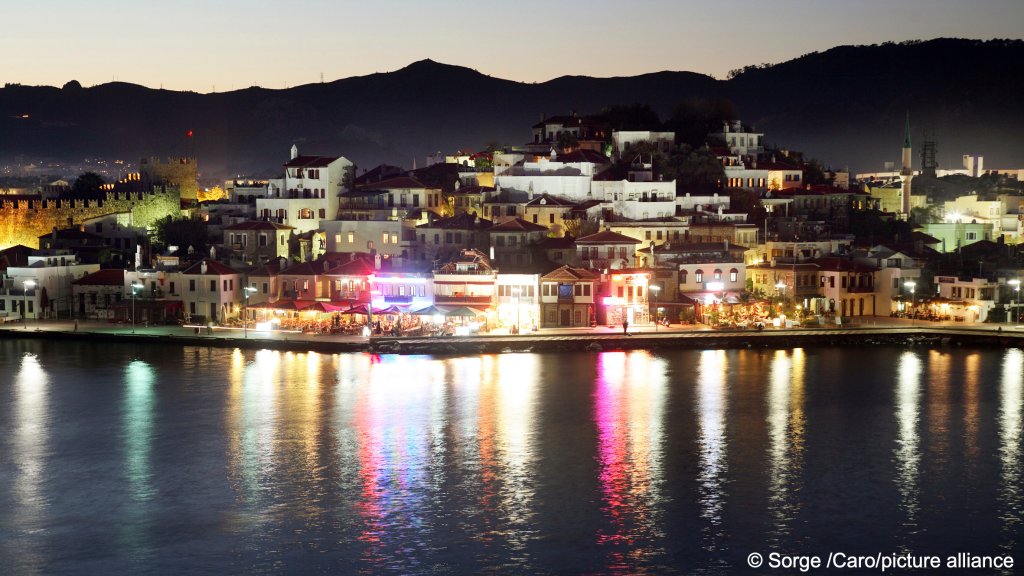
Majeed's preferred modus operandi in this particular smuggling business is apparently to charter yachts designed for a dozen people, onto which up to 100 individuals would then be cramped.
The contact told the team that these boats would then typically be piloted by smugglers without any sailing experience.
This is particularly worrying as in the past 10 years alone, nearly 2,500 migrant are confirmed to have died during this crossing, mostly by drowning, according to the IOM.
However, many experts believe that the actual number of deaths in the Mediterranean due to irregular migration is likely much higher.
"I never put anybody in a boat and I never kill anybody," Majeed told the BBC's Sue Mitchell when pressed on the issue -- and technically, it might even be true.
It would be impossible to know to what extent Majeed's business might be responsible for any of those deaths and to what extent those tragedies might have his signature on them, as in his own words, "(e)ven now, I'm not there."
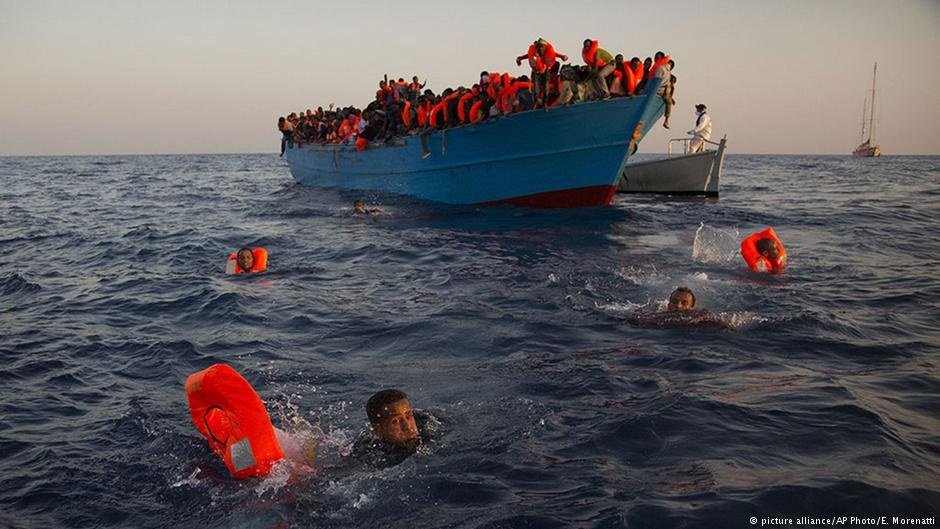
Business as usual
"Majeed also seemed to show little sympathy for drowned migrants," the BBC reporters wrote.
"God [writes it down] when you're going to pass away," he reportedly told Mitchell, adding that no one is forcing the migrants to get on his boats.
Perhaps Majeed's moral distance from the suffering could also be linked to a physical distance: Despite owning a mansion near the departure points of the yachts heading from Turkey to the EU, the smuggling kingpin has not been spotted anywhere near his routes in a while.
One of Mitchell's contacts told her team that if they want to locate him, they should focus their attention on his origin country: Iraq.
After a series of attempts to find the man known as Scorpion, the BBC team found itself in the northern Iraqi town of Sulaymaniyah in the Kurdistan region.
Also read: Migration routes to EU shift, as arrival numbers down 12%
Face to face in Iraq
Majeed set up a spontaneous meeting with Mitchell and her associates at a coffee shop, where he and his security team sat down to have what can only be described as a surreal chat.
"At first, he was very suspicious, worried we somehow planned to snatch him and take him back to Europe," the reporters wrote.
"Barzan Majeed looked like an affluent golfer. He was smartly dressed, in new jeans, a light-blue shirt and a black gilet," writes Mitchell, adding that his fingernails were manicured.
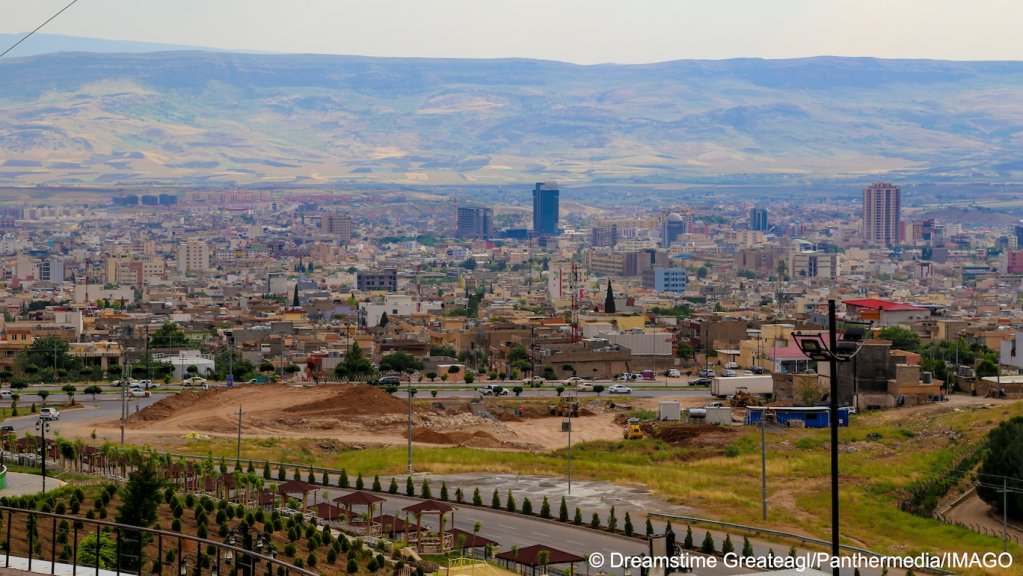
The conversation mostly centered around his alleged role in a multinational people smuggling ring. Majeed maintained that he was not involved in any such operation in the past, and that others were trying to frame him: "A couple of people, when they get arrested, they say, '(w)e're working for him.' They want to get less sentence," he told the reporters.
But in the same breath, he expressed envy for other smugglers, implying himself to be part of the same illegal trade.
"He also seemed bitter that other smugglers had been given British passports and carried on their trade," Mitchell wrote, harking back to Majeed's unceremonious deportation from the UK in 2015.
Also read: UK: Senegalese migrant who steered boat across Channel convicted of manslaughter
Exclusive -- and elusive
Before the meeting ended, Sue Mitchell wanted to know if the man who had denied his culpability for irregular migrant crossings across the English Channel in the past was still involved in moving people illegally elsewhere -- specifically referring to the allegations of Majeed's involvement in smuggling people out of Turkey.
"He denied that he was still involved in people-smuggling, but his actions seemed to contradict this," the BBC wrote, highlighting that one of Mitchell's team members "caught a reflection of [his mobile phone] screen in a polished picture frame on the wall behind."
On that screen, Majeed was looking at lists of passport numbers, which later they ascertained would be sent to Iraqi officials bribed to issue false visas to migrants to travel to Turkey, and plan their onward journey -- using Majeed's services -- from there.
For safety concerns, Mitchell and her team did not disclose this discovery to Majeed, as the meeting ended as abruptly as it had started.
This article is based on information from this BBC report and this BBC podcast series.
